Photo by Author from the inside an airplane
In mid-November 1997, I was on a United flight from Washington Dulles International Airport bound for Tokyo/Narita in Japan. Next to me was Patrick, who I’d been with for almost eight years and married three and a half years earlier. I’d been pressed by the emotions inside me for a while, but now it became real. Papa was dying.
With a silver needle in my hand, I was sewing. Big drops of tears occasionally stained the silky lace in my hand. I was making a small sachet with lace fabric in pale cream. A tiny embroidery lace flower applique dressed its front. I’d woven a long, skinny, pearl-colored silk ribbon through it and tied it at the top. As I tied the top, the long arms of the narrow, silky ribbon became a necklace. I made two of the same sachets—one for Papa and the other for Mama.
I’d been sewing the two sachets for about a couple of hours. While sewing, I sometimes looked out through the window next to me. A ball of a rainbow was following me in the air. I thought it was Papa. Then, it disappeared. I thought he must be in a critical condition. “Excuse me, Patrick,” I asked him to let me move on the aisle. I called Papa a few times in Japan from the in-flight phone.
I spoke with Papa and encouraged him to wait for us. “We will be there soon, Papa,” I told him. Later, I found out from my sisters that I had made these in-flight calls right at a critical time—that he revived for a while after my calls.
Now I looked down at the silky rice-paper wrap in my lap. 京未, Kyomi, was calligraphed neatly on the shiny rice-paper with hair-thin brushstrokes. I opened the paper; inside was a black-brown material with burgundy spots, like a small piece of beef jerky—my own umbilical cord, which my Mama gave me thirty years ago. I don’t know if they’ve continued this practice in Japan, but back when I was born, giving a newborn child’s umbilical cord to their mother was common in Japan. When Mama gave it to me, I felt appreciation, pride, and tenderness, the sense that I was connected through this with Mama and Papa. That was the first time I witnessed my own umbilical cords wrapped so carefully in the paper. Considering the difficulties in my childhood, it became “a tiny proof of my life,” and I’d kept it in my jewelry box as my treasure for many years.
Now, I took a small pair of scissors from my sewing kit and used it to divide the dark, mummified tissue into three pieces; then, I wrapped each piece carefully in fresh rice paper. I kept one for myself and placed the others into the two sachets for Papa and Mama. Patrick had been watching what I was doing. I explained to him what they were as I placed the two sachets in a plastic bag, sealed the bag, and put it away deep inside a zipped pocket in my purse. I felt inside of me that I had just completed the task of putting my past, present, and future together.
***
Upon our arrival in Japan, my younger sister’s husband, Hisashi, who had been waiting for us at the gate of Narita airport, picked us up and immediately drove us to the hospital where Papa had been hospitalized for three months. We got there in a little over one hour.
The echoes of our steps in the cold, dark corridor that led to Papa’s hospital room had always intimidated me, and I shivered as I walked. I’d never liked being here. The metallic noises of medical equipment took my existence to somewhere far away. As I approached his room, I thought of Papa for a second. I’d always loved him, even though he’d mistreated me in the past. Since my childhood, I’d known I was the one who understood him best. But when I was little, he’d often pushed me away, bullied me, and scolded me harshly in front of my sisters. Now, I had to accept his approaching death, just as he’d done.
As Patrick and I walked into Papa’s room, my sisters Masayo and Yoshimi rushed toward us, crying. I felt as if they were my children, and they must have felt we were their children, too. There was profound love between us. For so long, this love wasn’t found anywhere in our family, as we all had suffered and lost. But now, I could see and feel love, here in the light of Papa’s death, and I felt so fortunate. He was on the ventilator, receiving oxygen. I knew Papa was still alive, watching at us.
After Patrick shaved Papa’s beard and I wiped his face, he was again a beautiful man—dignified, serene, and decent. I took one of the small, pearl-colored sachets I’d made out of my purse. I placed the skinny ribbon around his neck, hanging my hand-made sachet, so it rested against his chest. Then I searched my purse for something else. It was my work badge showing, “Kyomi O’Connor, Assistant Professor, Pediatric Dentistry, University of Maryland.” I owed this best gift of my life to Papa, who had helped me for two years while I was in my residency program. My gifts to Papa were now sitting on his chest.
Toward the end of his life, Papa thanked me a lot for what I’d done to help him. The outcomes of my help weren’t necessarily as good as he wanted them to be. But it didn’t matter. What mattered most was that I allowed myself to extend my hands to help him, just as he had done for me. In the end, there was peace and harmony not only between us but also the rest of my family.
Despite my painful childhood and the suffering that continued into my early adulthood, I had always believed that I was the one who understood Papa best. I had never regretted holding this belief. In the end, I’d proven it to be true. I’d loved him no matter what happened to me. After all the difficulties, the truth that I’d never put away had helped me accept what happened to him, Mama, my family, and me.
My gifts for Papa on his chest would be cremated with him and would become the air. His gifts to me have always been inside me. I’d never served for convenience or been easy to convince or sway. But I knew the gifts I’d stubbornly held inside me.
This pulsating desire, this unyielding wish to share the truths with the world, will never be burnt away. I inherited it from Papa, and I have cultivated it through my difficulties.

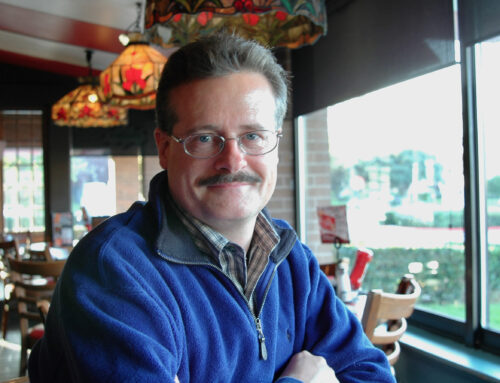
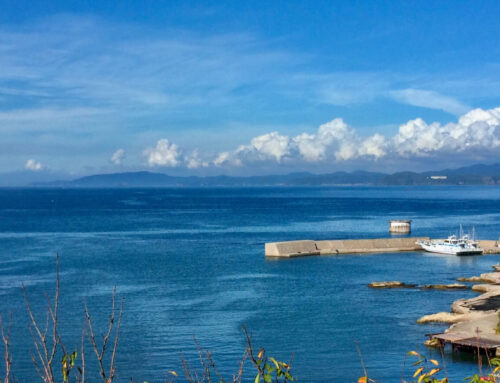
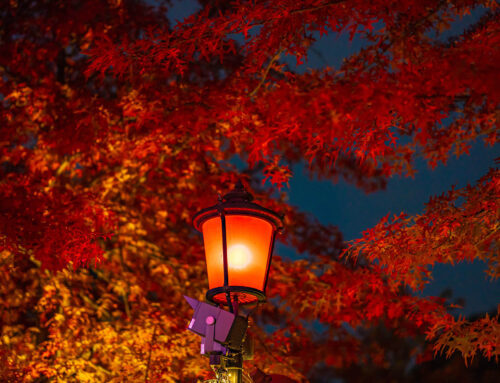


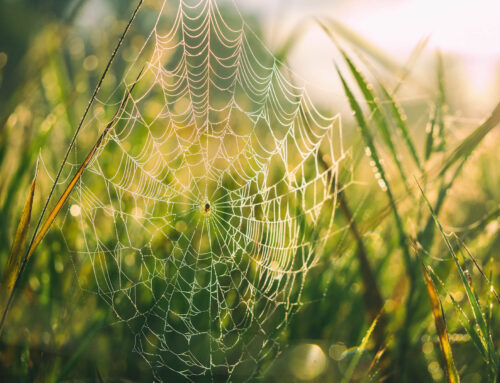
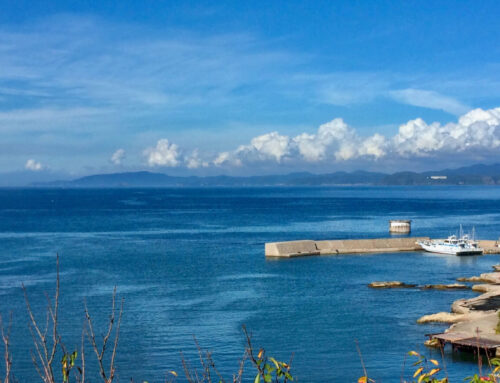

Leave A Comment